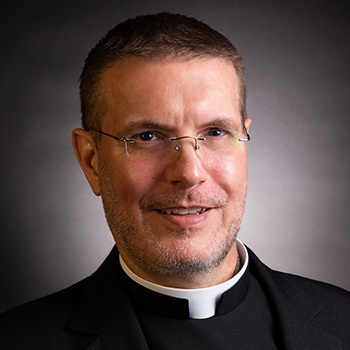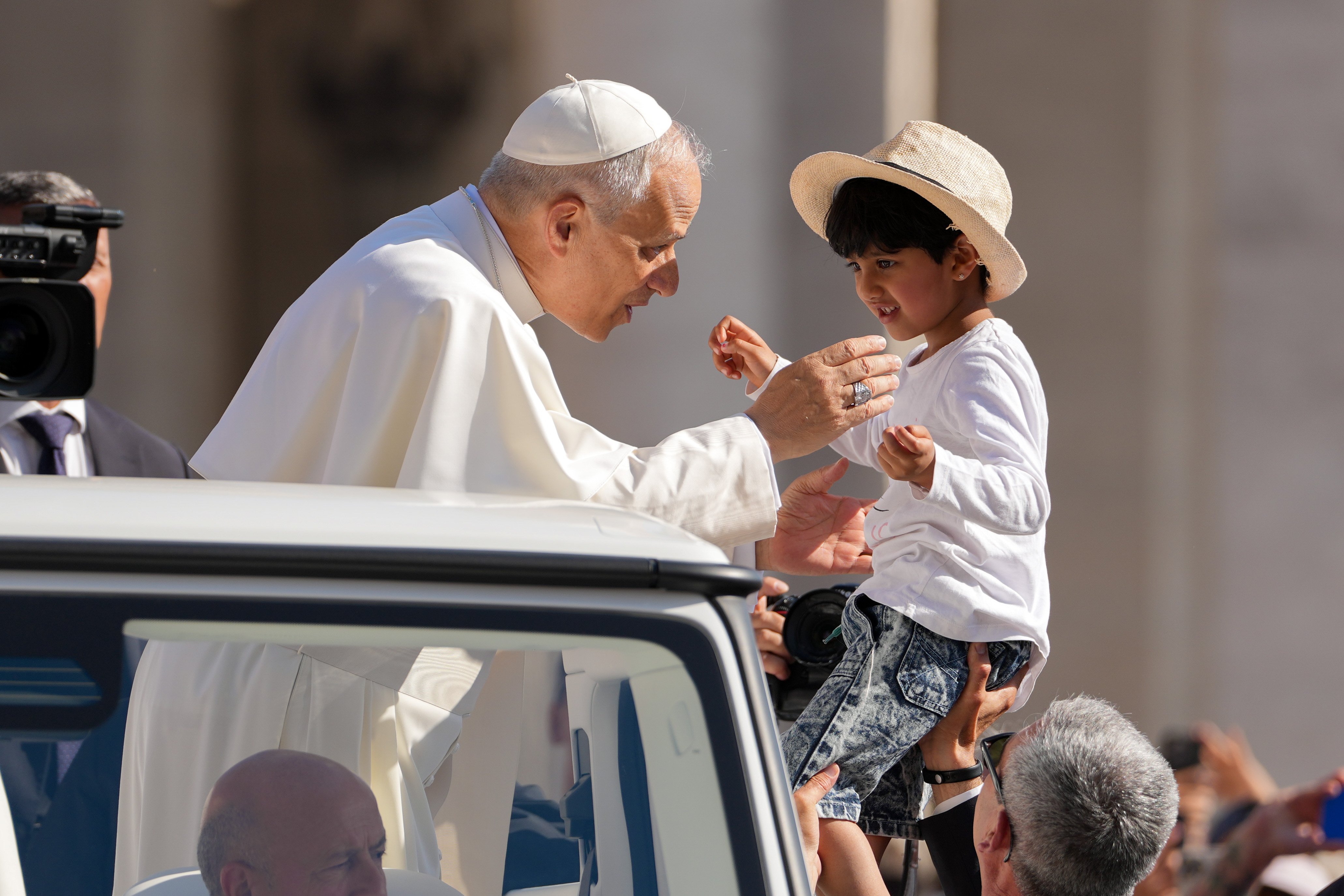Dear Father | Consecrated virgins represent in this life the intimacy we will all one day share with Christ in heaven
Recently I met a woman who said she was a consecrated virgin. Is that a religious order?

Consecrated virginity is an ancient vocation that was restored after Vatican II for women living “in the world.” (Some cloistered nuns are also consecrated to virginity, but that is a different vocation entirely.) To best understand consecrated virginity, it is first necessary to look at consecrated life as a whole. According to the Catechism of the Catholic Church: “In the consecrated life, Christ’s faithful, moved by the Holy Spirit, propose to follow Christ more closely and to give themselves to God who is loved above all” (CCC 916). However it is lived, it always includes a formal commitment to celibate chastity.
Consecrated life exists in five official forms. The one most people are familiar with is religious life, which involves a group of men or women living together and following an approved rule. Secular institutes are similar to religious orders in that members make vows of poverty, celibate chastity and obedience, but they live them in the “secular” world as consecrated laity or diocesan priests. Ordinarily the members do not live together or wear habits, although they meet frequently for prayer and fellowship. Their goal is to sanctify the world from within as “leaven.” Two other forms of consecrated life are less common. Diocesan hermits are consecrated by the local bishop to live a hidden contemplative life, praying for the needs of the diocese and the world. Consecrated widows profess celibacy and are involved in their local communities and parishes.
Consecrated virginity is the final form of consecrated life, which, to answer the original question, is in no way a religious order. Rather, these women are consecrated by the local bishop for the diocese in which they live. Like members of secular institutes, they frequently work secular jobs, although some have a full-time ministry in the Church. Their vocation is to pray for the local Church and give witness to the future marriage between God and redeemed humanity in the life to come. They represent in this life the intimacy we will all one day share with Christ in heaven. While consecrated virgins don’t wear habits or live together, they wear a wedding band as a symbol of their commitment.
Because young people today have little exposure to any form of consecrated life, it is crucial that we give more resources to educating them in the various vocations that exist in the Church. If they don’t understand their options, it will be very difficult to respond to God’s call. I’ve known women and men who spent years discerning religious life and it never felt right for them. Once they learned about the other types of consecrated life, something “clicked” and they found their vocation.
Father Scott Jones is pastor of Sts. Teresa and Bridget Parish in St. Louis.



